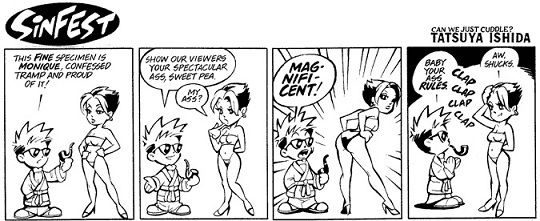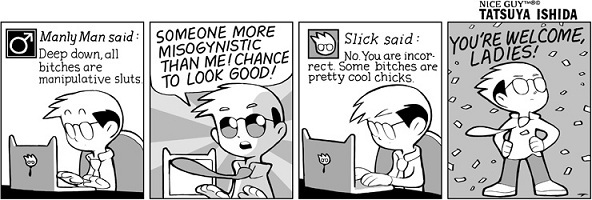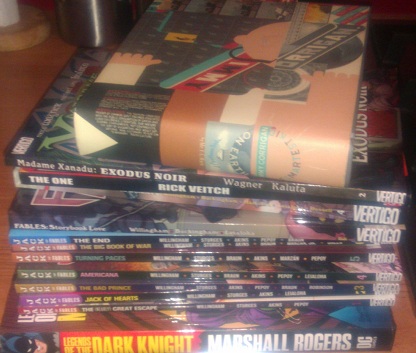Last Sunday American comics legend Joe Kubert died. He had started his career in the socalled Golden Age of the 1940ties, was a huge part of DC’s Silver Age 1960ties revival, founded the most important school for cartoonists in America, did an incredible amount of war comics for DC not to mention kept working, until, well, the moment he died. He wasn’t the kind of creative genius that a Kirby was (but who is), but perhaps the best example of a passionate craftsman, who’d put his best effort in any assignment, whether a six page backup in Weird War Tales or a personal project like Fax from Sarajevo. He was the old fashioned consumate professional, with habits formed in the tough times of the forties and fifties.
The passing of such an artist, such a fundamental part of American comics history, is of course reason for an outpouring of obituaries and retrospectives, but not all responses are equally well considered. Alan David Doane put his foot in it, when he called Kubert a “scab artist” in his obituary:
Unfortunately, and because of his own choice, I’ll always also remember Joe Kubert as a scab artist who chose a paycheck over decency in signing on to DC’s egregious Before Watchmen project. The disgust I felt when people like Brian Azzarello or J. Michael Straczynski signed on board was nothing compared to the enormous confusion and disappointment I felt when people like Kubert, or Len Wein, or Darwyn Cooke agreed to be a part of Before Watchmen, against the clearly stated wishes of the writer of Watchmen, Alan Moore. Most of the creators on the scab list were known hacks, if popular ones. Kubert was a legend in comics, Wein a stalwart with decades of experience, and Cooke was fastly becoming a favourite creator for thousands of readers who enjoyed his witty, engaging retropop style on titles as varied as DC: The New Frontier to IDW’s lush hardcover adaptations of Donald Westlake’s Parker novels.
Which of course didn’t pass unnoticed. I’m not going to take part in the inevitable pile-on, I just wanted to know why he expected anything else from Kubert, or even Wein? Both men throughout their careers have been happy to work within the guidelines set out by the big commercial publishers, occasionally switching from DC to Marvel or Marvel to DC if business was better there, but neither has ever been a crusader for creator rights or been all that critical of the whole work for hire system. Kubert has always been well rewarded for his work for DC over the decades, he has always had the attitude of a commercial artist that a job’s a job, with only the occasional more personal project to interfere with that. How can you expect a man like that to understand or agree with the idea that he shouldn’t work on Before Watchmen, just because one of its creators disliked the idea?
As far as Kubert was concerned, it was probably just another job, just another creation to work on long after the original creators have (been) moved on, no better or no worse than work on Hawkman. I can understand why Alan David Doane felt the way he does, but I would suggest that we shouldn’t let this one assignment colour our impressions of the man too much.
Somebody like Darwyn Cooke, who owes much more to Alan Moore and that generation of cartoonists than Kubert ever did, is much more culpable and morally dubious. Here’s somebody who’s been able to make a pretty good living out of the comics industry Moore helped created, who didn’t need to do this project at all, but is not only happy to so, but allows himself to be a little cog in DC’s hype machine, defending the indefensible. There’s somebody who you need to be angry about.




